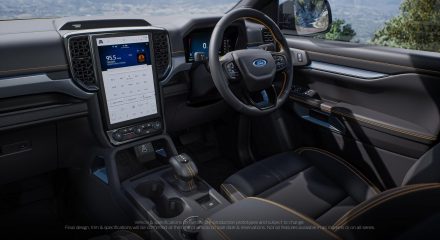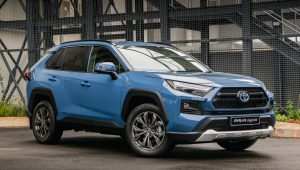The future of road safety: Vehicles communicating

In theory, roads would be a lot safer if bicycles and e-scooters could “talk” to other vehicles. This is the basic idea behind a group pf bike and scooter manufacturers coming together to test and develop software that allows bikes and scooters to communicate with nearby cars.
Detroit-based company Tome Software has spearheaded the projects, and is collaborating with the Ford Motor Company, Trek Bicycle and Bosch.
“We have completed a critical milestone in cross-industry collaboration while we continue the research and development process through 2021 testing and on-road data collection pilots,” said Jake Sigal, founder and CEO of Tome Software in a statement.
At the core of the collaboration is a software that seeks to allow a wide range of vehicle services to exchange information in real-time so that drivers in congested areas are more aware of riders out of their line of sight. It could also trigger visible alerts on bicycles when cars get too close.
The bicycle-to-vehicle (B2V) technology will make use of Bluetooth 5, which is the latest version of bluetooth communication, and send a signal to any vehicles nearby.
Ford is assisting by verifying whether the software could integrate into its exisiting driver-assistance system. Ford also owns Spin, an e-scooter company, which forms part of the project.
Trek, which is a bicycle manufacturer, is adding sensors to detachable tail lights, which will trigger an ‘interruptive’ flashing light that will alert motorists. The lights will be sharp and visible even in the day time, and studies have shown that this could decrease bike-related accidents by 33%.
Picture: Pixabay







